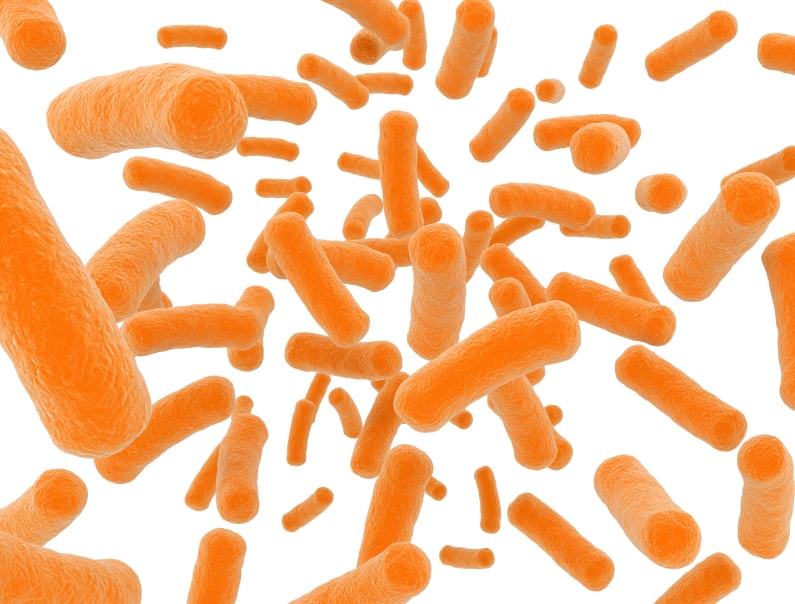The study aims to identify interventions that promote the healthy growth of children with undernutrition a pressing global health problem.
Human milk is composed of numerous bioactive substances, including human milk oligosaccharides (HMOs). HMOs function as prebiotics for bacterial strains associated with benefits including enhanced gut barrier function and protection from infection.
Study details

Researchers from Washington University School of Medicine in St Louis, Missouri, partnered with African colleagues in Malawi to collect and analyse HMO samples from 6-month-postpartum mothers in two Malawian groups.
They found that sugars containing sialic acid, which has been implicated in brain development, were far more abundant in the breast milk of mothers with healthy compared with stunted babies.
Differences identified in their HMO profiles were then translated to animal models that allowed both diet and the gut microbiome to be manipulated. Head researcher Jeffrey Gordon and his team introduced a collection of bacterial strains isolated from the faecal sample of an undernourished infant into mice or piglets.
The researchers then fed the animals a typical Malawian diet consisting of corn, legumes, vegetables, and fruit, which on its own is insufficient for healthy growth.
They then tested the effects of sialylated sugars, isolating the carbohydrate from whey and fed it to the animals. The animals showed improvements in growth, with increases in lean body mass and bone volume as well as metabolic changes in the liver, muscle and brain.
The results indicated an improved ability to mobilise nutrients under diverse conditions. Crucially, these effects depended on the presence of the gut microbiota. They found that one species of bacteria fed on sialylated sugars, while another fed on the digested products of those sugars.
The relationship between HMOs and stunting of infants, particularly in populations where undernutrition is common, has not been researched in great depth.
A recent study showed the normal pattern of gut microbiota make up is disrupted in children suffering undernutrition, leading to the theory that disrupted microbiota development impairs healthy postnatal growth.
Mechanism of action

The researchers pointed towards a food ecosystem that existed within the bacterial community living in the gut.
As the gut bacteria were identified, the researchers were then able to monitor which bacteria were affected by the sialylated sugars and how strains interacted.
The brains of breastfed infants possess higher levels of sialic acid than the brains of formula-fed infants, consistent with the higher sialic acid content of breast milk compared to bovine milk-based infant formulas.
Although the liver can make sialic acid from glucose, the activity of a crucial enzyme is low during the neonatal period, suggesting that in the absence of human milk, sialic acid may be a limiting resource at the time of postnatal brain development.
"This capacity to look in a very controlled way at how food is partitioned among members of a microbial community and how the metabolic output of that community can affect human biology is part of our ongoing agenda," Gordon says.
Future applications
Gordon and his team commented on the possibility that this work may contribute to better infant formulas and therapeutic foods used to treat undernutrition.
They pointed out that more needs to be learned about how different types of bacteria interact with components of breast milk and complementary foods, and to ensure that harmful gut bacteria would not thrive on those components and thereby gain an advantage over beneficial microbes.
“We want to make sure we do no harm," Gordon said. "This is just the beginning of a long journey, an effort to understand how healthy growth is related to normal development of the gut microbiota, and how we can establish whether durable repair of microbiota immaturity may provide better clinical outcomes."
Source: Cell Press
Published online ahead of print, http://dx.doi.org/10.1016/j.cell.2016.01.024
“Sialylated Milk Oligosaccharides Promote Microbiota-Dependent Growth in Models of Infant Undernutrition.”
Authors: Charbonneau et al.
